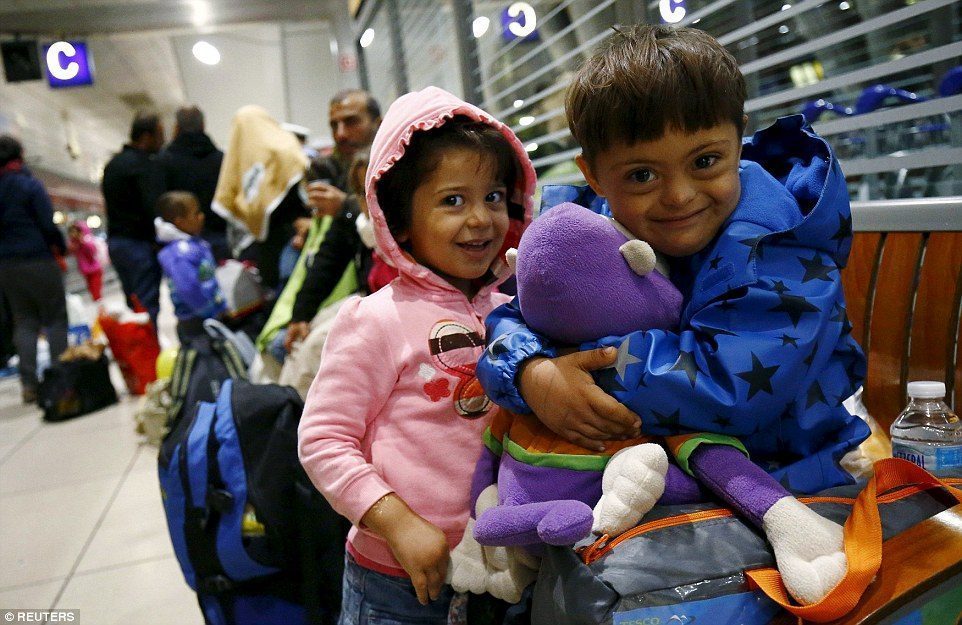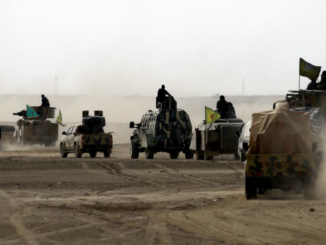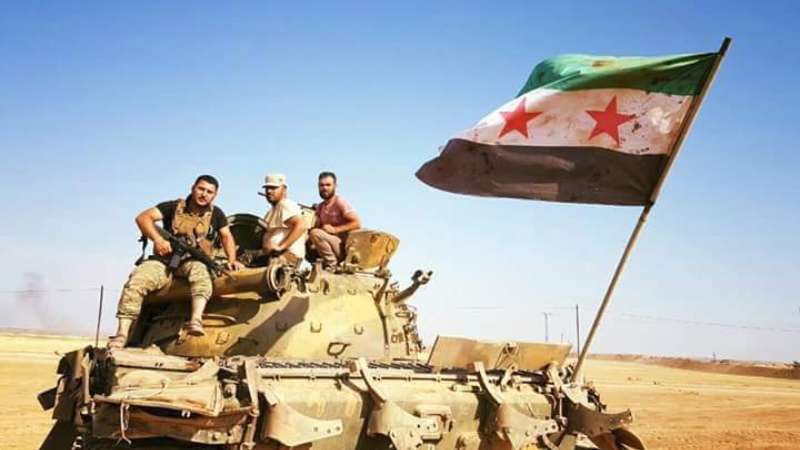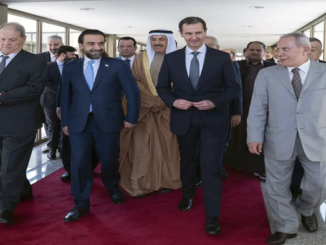
Syrian filmmaker Marcelle Aleid has asked exiles rfrom her country to tell her about the unique object they took – or would have liked to have taken – with them as they fled their conflict-ridden country.
It’s a question that is loaded with emotion for people fleeing their homes in the worst possible circumstances: “What one object would you take with you?”
Aleid, who has been living in Toronto since 2014, has been asking her compatriots that question, compiling video responses on Facebook page “My One Thing”, for a film that speaks of “hope, love and memory”.
“These souvenirs are not just sentimental mementos, they are symbols of hope and tangible connections to the homes they left behind,” she said. Aleid’s object is an old hourglass. “It times exactly one minute, it is something that speeds up the time before I can go back home.”
“One day, I looked at it and wondered what other refugees had taken with them,” she told France 24. “What object would find a place in their new lives to remind them of who they really are?”
Her project, launched on Facebook, was an instant success, and within days of its launch on Facebook, dozens of Syrians had submitted videos made on their smartphones, or met with Aleid to film their stories.
“Things to remind us of home,”
Anas, who also fled Syria for a new life in Canada, said he had taken a blanket with him.
“I got it as a gift from my mum, it is very valuable to me,” he says. “I feel very comfortable when I put it on, I feel her breathe. I remember everything, my home, my bed, my books.”
If Anas’s story brims with emotion, Aleid says she did not set out to make a purely sentimental film.
“Too often the media portrays Syrian refugees as victims, which is sad and demoralizing when you remember that there are so many beautiful stories as well.”
Some stories are said with a smile: “I would take my backgammon set.”
Others are purely practical. Basil, a doctor from Aleppo, said he thought of “my passports, my certificates. There are objects you feel more connected with , but you feel it isn’t the appropriate time to bring them.”
Jihad “Jay” Abdo, an actor who has been living in Los Angeles since 2011, said he quit Syria because Assad wanted to use well-known figures such as him to vocally support his regime.
“When I quit Syria I didn’t know if I was leaving forever,” he said. Not expecting to be away from Syria for so long, “the only thing I took with me was my violin”.
Aleid has dozens of testimonials on her Facebook page, some from Syria, some from Canada and Europe.
Mary, who is from Damascus and currently living in Canada, stated that “my one thing is my diary. It is a notebook that I kept in Syria and wrote in it… I wrote about the first time I heard a gunshot, to the time I worked in a refugee school, to everything. All of my experiences are in it. To how I felt in it and how I adjusted to the war.”
Diala, also from Damascus, brought with her a little pendant of a little Damascene house from old Damascus done by a Syrian artist.
Derar, from Idlib, brought with him a Syrian kettle used to make tea or matte; a traditional drink in some parts of Syria.
“It reminds me of the times when we would make them in the morning and sit around and start talking,” he said.
To give the film context, she also interviewed non-Syrians about what they would take with them if they were forced to flee.
Mark, a Canadian, would take “my daughters”, while Toronto Mayor John Tory said he would take “family photographs”. refugees
Altogether, the filmed statements remind us that wherever we are from and whatever our background, all people share the same sources of happiness and reminisce in the same way.
“My film sets out to build a bridge between Syrian refugees and the communities where they find themselves,” Aleid said. “It also demonstrates that Syrians can have new careers and new lives somewhere else.”



